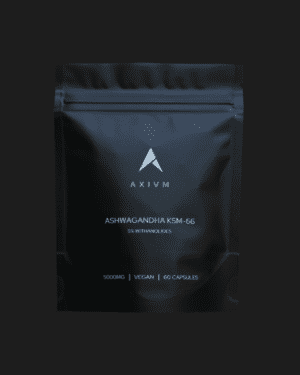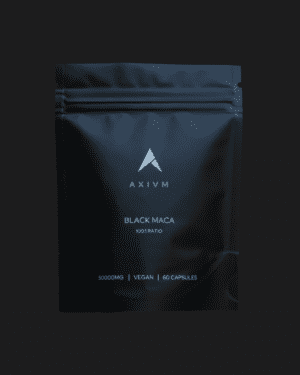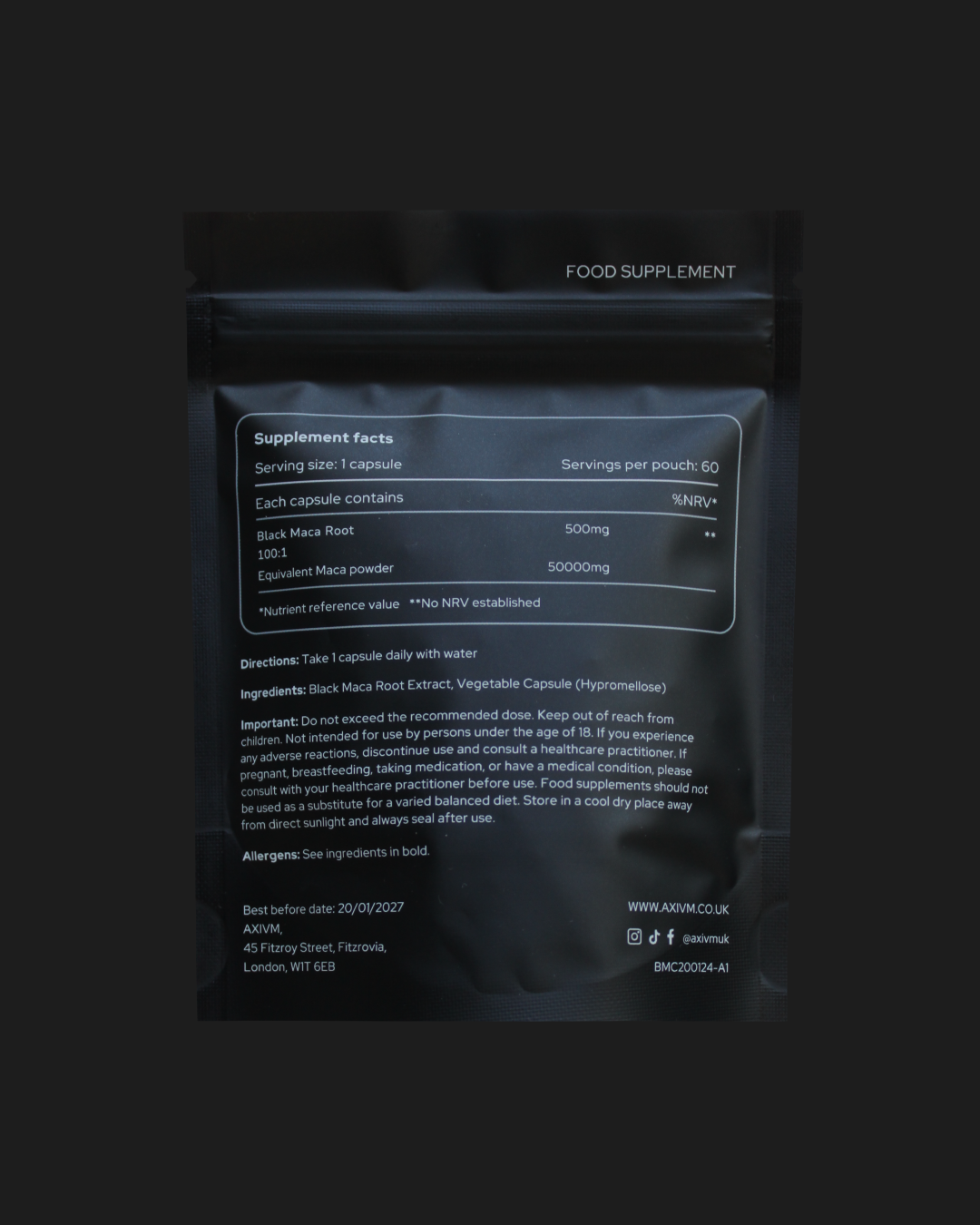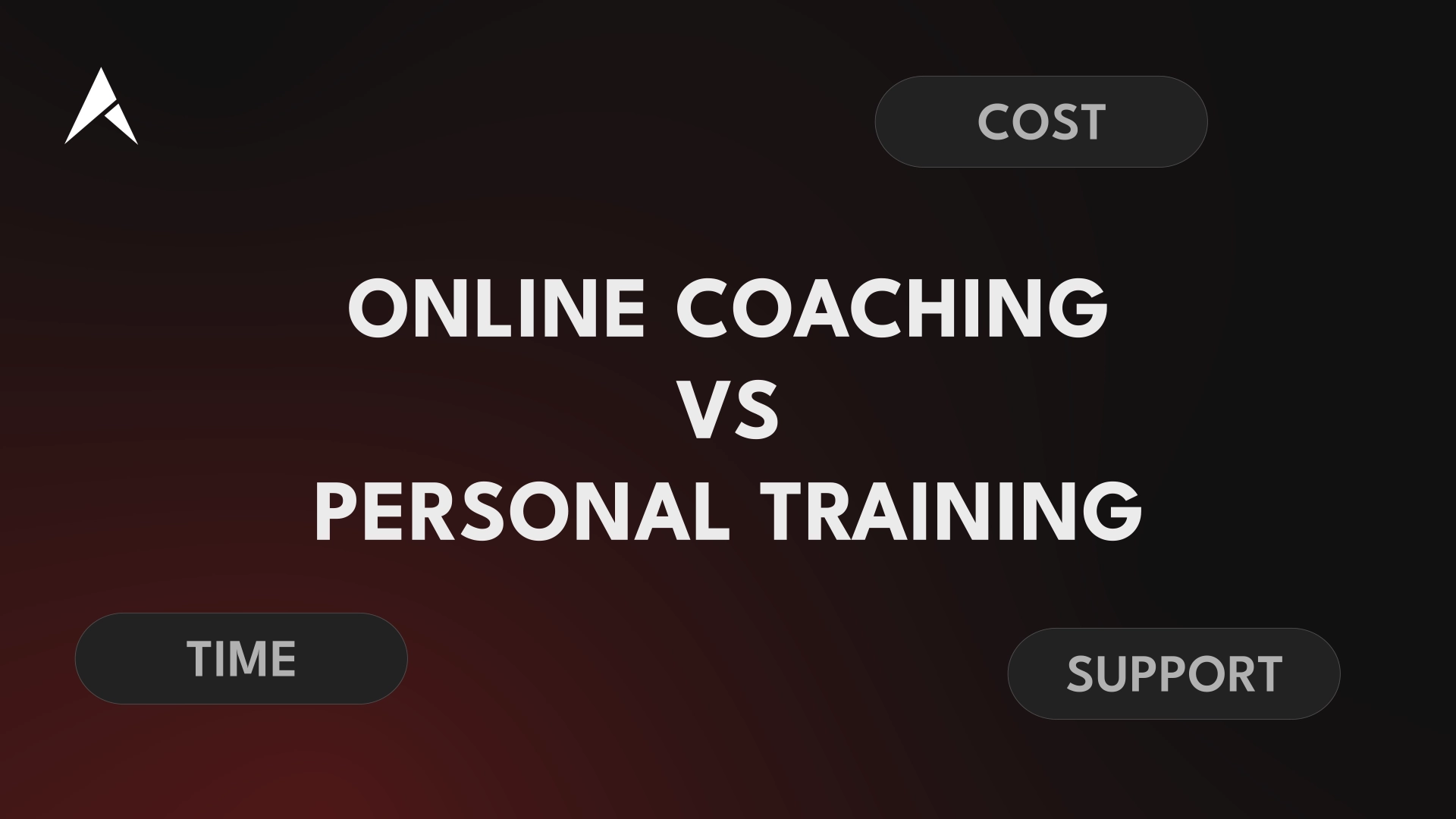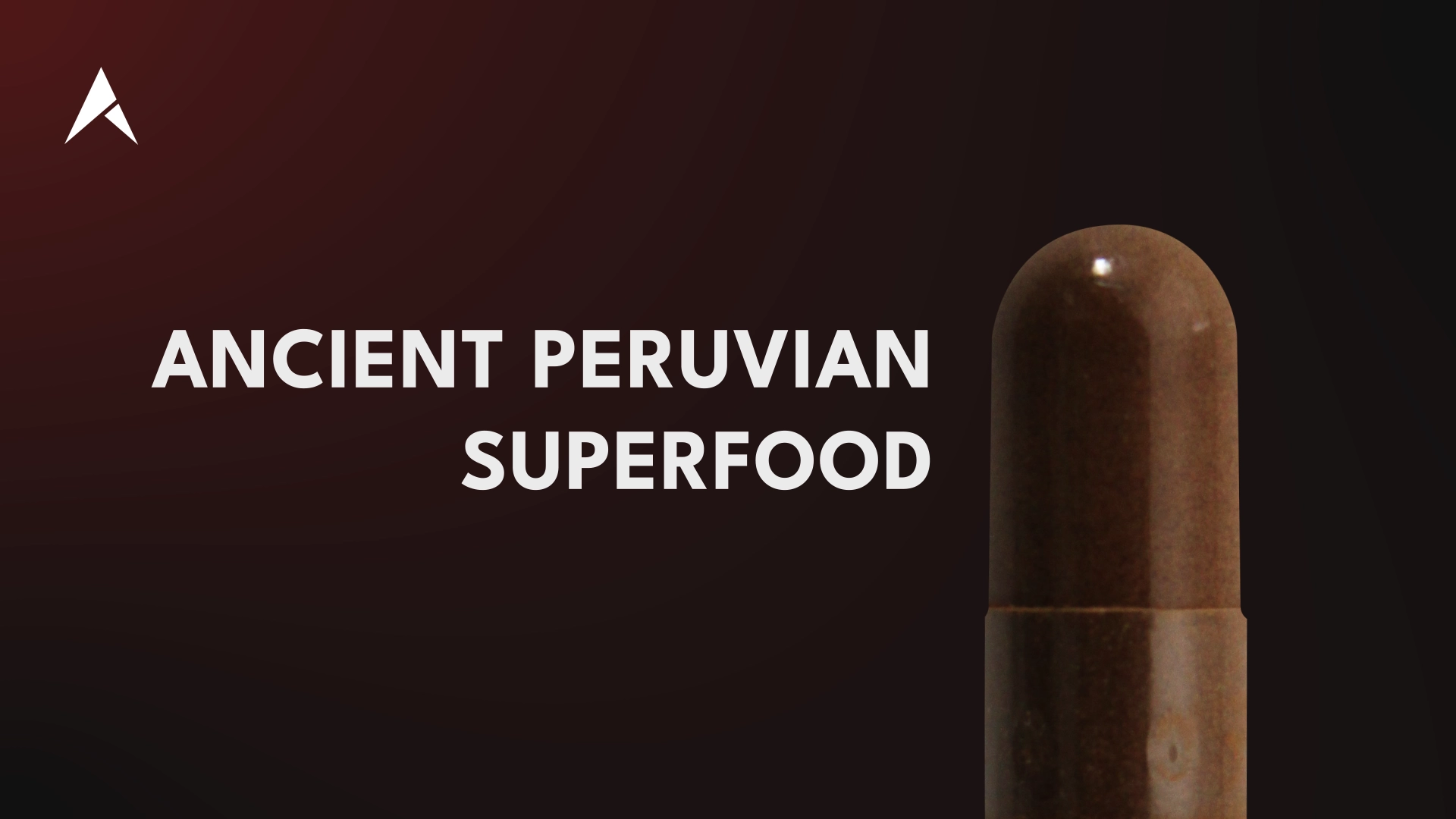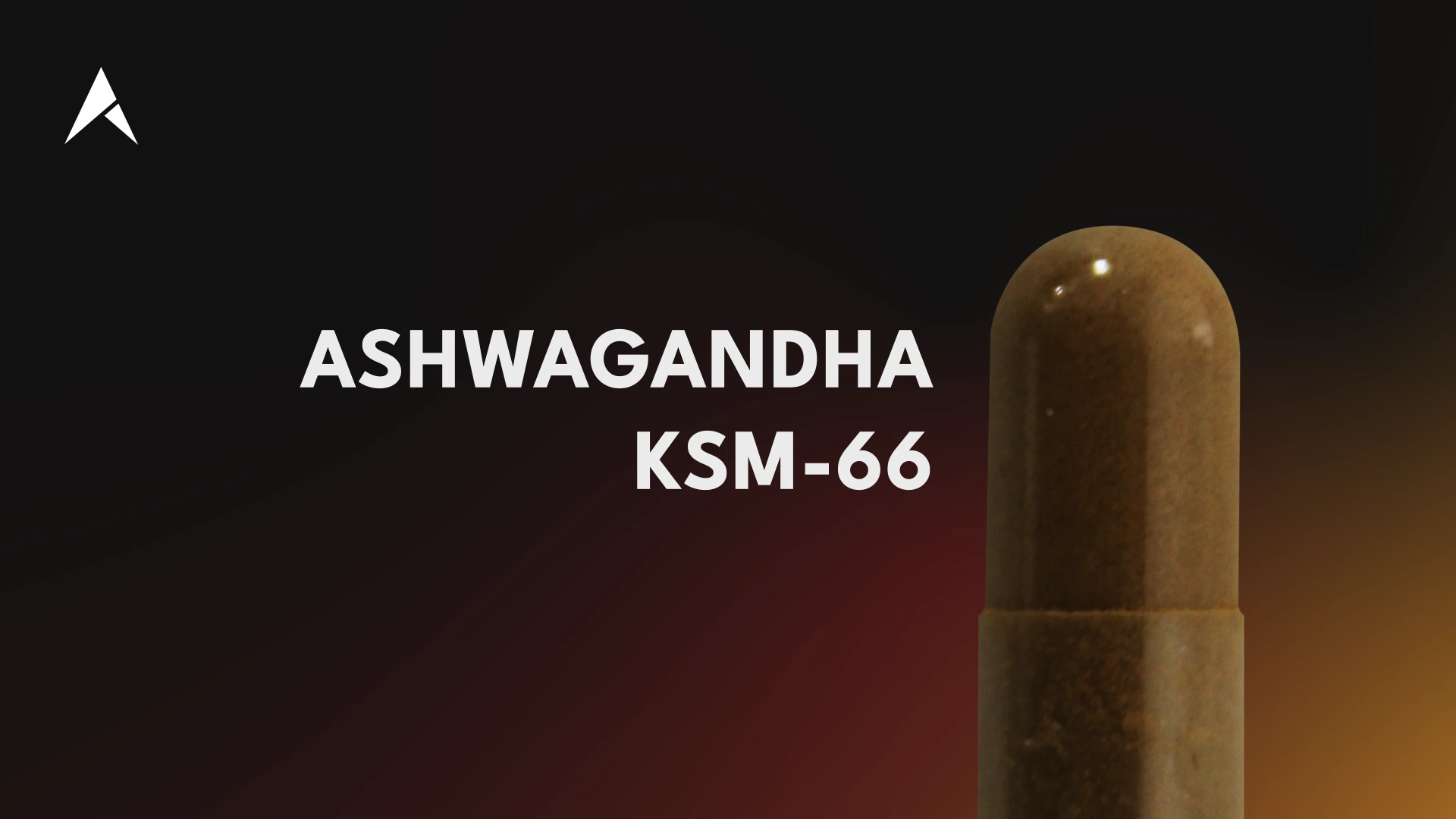Your cart is empty.
Table of contents
Understanding Creatine and It’s Benefits

Creatine is one of the most researched and effective dietary supplements available, especially popular among athletes and fitness enthusiasts. Whether your goal is muscle growth, improved athletic performance, or enhanced overall fitness, understanding the creatine benefits and how to use it can significantly amplify your results. Despite the research, I personally do not take creatine and I will explain why in this article.
What is Creatine?
Creatine is a natural substance produced in the body from amino acids such as arginine, glycine, and methionine. It’s primarily stored in muscles and used as a quick energy source during high-intensity exercise. Dietary sources of creatine include red meat and fish, but supplementation allows for higher, more consistent levels.
How Does Creatine Work?
Creatine benefits athletes by replenishing ATP (adenosine triphosphate), the primary energy currency for muscle contractions. During short bursts of intense exercise, ATP is rapidly depleted. Supplementing with creatine increases phosphocreatine stores, which can rapidly regenerate ATP, allowing for longer, more intense workouts.
Scientifically Proven Creatine Benefits
Enhanced Muscle Strength and Power
Numerous studies demonstrate significant improvements in muscle strength and power from creatine supplementation. A meta-analysis published in the Journal of Strength and Conditioning Research found consistent strength gains across various demographics, from beginners to advanced athletes.
Increased Muscle Size
Creatine benefits muscle hypertrophy by drawing water into the muscle cells, causing cell volumisation. This swelling effect triggers anabolic signals in muscles, promoting long-term growth.
Improved Exercise Performance
Creatine supplementation is particularly effective in high-intensity, short-duration exercises like sprinting, weightlifting, and interval training. Studies repeatedly show enhanced performance and reduced fatigue in creatine users.
Cognitive Benefits
Emerging research suggests creatine benefits extend beyond physical performance, potentially improving cognitive functions, such as memory and reaction times, especially under stress or sleep deprivation.
Muscle Recovery and Injury Prevention
Creatine supplementation can accelerate muscle recovery by reducing muscle damage and inflammation post-exercise, decreasing the risk of injuries. This is one of the most underrated creatine benefits.
How Much Creatine Should You Take?
Research suggests a daily dose of 3-5 grams of creatine monohydrate is sufficient for most individuals. However, you can follow two common protocols:
- Loading Phase: 20 grams per day (split into four 5-gram doses) for 5-7 days, followed by a maintenance dose of 3-5 grams daily.
- Maintenance Only: 3-5 grams daily without a loading phase, achieving full saturation in 3-4 weeks.
Both methods are effective; choose based on personal preference.
Best Way to Take Creatine
For optimal creatine benefits:
- Timing: While creatine can be taken at any time, post-workout consumption may slightly enhance muscle uptake due to increased blood flow and insulin sensitivity.
- Mixing: Combine creatine monohydrate powder with water, juice, or a protein shake. Carbohydrates and protein can enhance creatine absorption.
- Consistency: Regular daily intake is crucial to maintain elevated muscle creatine levels.
Are There Any Side Effects?
Creatine is considered safe and effective when used appropriately. Commonly cited side effects, such as hair-loss, kidney damage or dehydration, lack substantial evidence. However, adequate hydration is recommended, as creatine increases water retention within muscles. Now I mentioned at the start of the article that I don’t take it, nor do I recommend it to my clients and here is why. Depsite the lack of evidence of negative side effects, I have experienced negative side effects. I have tried taking creatine 3 times since I started lifting in 2019 and each time I noticed hair-loss and acne. Hair-loss is a commonly reported side effect of creatine despite everyone in the fitness industry heavily denying it and dismissing it’s possibility. I am not here to make any wild claims about the effects of creatine, I am merely sharing my experience, I fully understand that everyone is different, everyone’s body is different as is everyone’s genetic make up.
Creatine increases a hormone called dihydrotestorone (DHT) which can contribute to male pattern baldness in individuals with a genetic predisposition. You will often hear people say that they take creatine and see no side effects therefore it is safe however, this is extremely narrow minded and completely disregards the fact that other people have different genetics. Furthermore, people will often site studies as evidence that creatine does not have side effects however, they test a handful people, a small fraction of the population so extrapolating the data for everyone is quite a stretch in my opinion. In addition to my negative experience, everyone I know that takes creatine or has taken creatine has experienced hair loss. This is purely anecdotal with no scientific basis and may not have any correlation however, it is enough proof for me to consider the fact that it may have side effects.
As for the acne, this is again genetic and for me it caused it to worsen. This may not happen to you but like I said I am just sharing my experience so if you have a genetic predisposition to hair loss or acne, I advise you to exercise caution when supplementing with creatine and assess whether the creatine benefits outweigh the potential side effects. Testing to see if creatine benefits you may still be worth it since it can improve performance significantly.
Final Thoughts on Creatine
The creatine benefits are undeniable and it stands as one of the most effective supplements to enhance your athletic performance, strength, muscle growth, and even cognitive function. It is supported heavily by research however, due to my experience with it and it’s potential to increase hair loss for individuals that have a predisposition to male pattern baldness through an increase in DHT I personally do not take it or recommend it to my clients as I do not want to be responsible for any negative side effects for them.
Ready to elevate your fitness journey? Explore our tailored online fitness coaching designed to take your performance and health to new heights. Schedule a free blueprint strategy session here which will serve as a quick call for us to outline your current goals and challenges, if AXIVM Coaching is for you and how we can help you achieve those goals.
